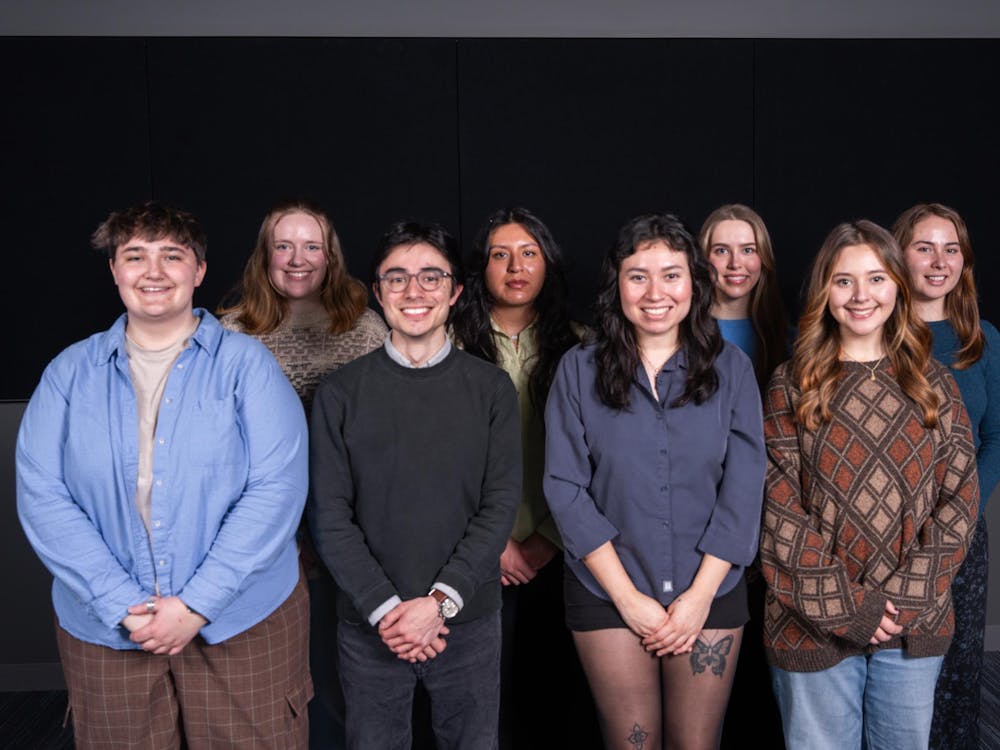By The Beacon's Editorial Board
Kermit the Frog may have summed it up perfectly: "It's not easy being green."
The discussion of diversity has largely been co-opted by issues surrounding color, race and ethnicity. But this year UP's Diversity Dialogues is diversifying the dialogue by including the topic of disability.
On Monday night reality TV star Matt Roloff of "Little People, Big World" spoke to students about his experiences with diversity due to diastrophic dysplasia, a form of dwarfism affecting cartilage and bone development. Roloff inspired students who attended the event, speaking about his experiences overcoming adversity due to his condition.
Diversity Dialogues is an important campus event that celebrates and discusses the important issue of diversity. Although diversity in terms of race is an important piece of this conversation, it is by no means the whole pie.
In his presentation, Roloff himself brought up the fact that there are many factors influencing diversity besides race. Differences in viewpoint, socio-economic status, religion, disability and sexual orientation – just to name a few.
Disability is a form of diversity that is often overlooked. But looking closely, just the label of ‘disabled' gives groups of people a negative stigma.
Although people who have medical problems that make them unable to do certain things a non-medically compromised person would be able to do, it doesn't mean they are less able a person where it counts.
In fact, it might be argued that they are more capable than many of us who take our health for granted. People with disabilities realize they are limited physically but often are motivated to go the extra mile to achieve their goals in spite of their limitations. They go above and beyond and often are an inspiration to many of us who have never faced serious physical obstacles.
In his talk, Roloff spoke about his aversion to playing the victim because of his disability. Some people may take pity on people who are disabled.
But instead of pitying those who are disabled, it is important to consider the unique and exceptional abilities or perspectives that a disabled person offers.
Understanding and learning to appreciate different points of view is definitely worth celebrating. Diversity Dialogues is made that much more rich with perspectives from those who are disabled.








